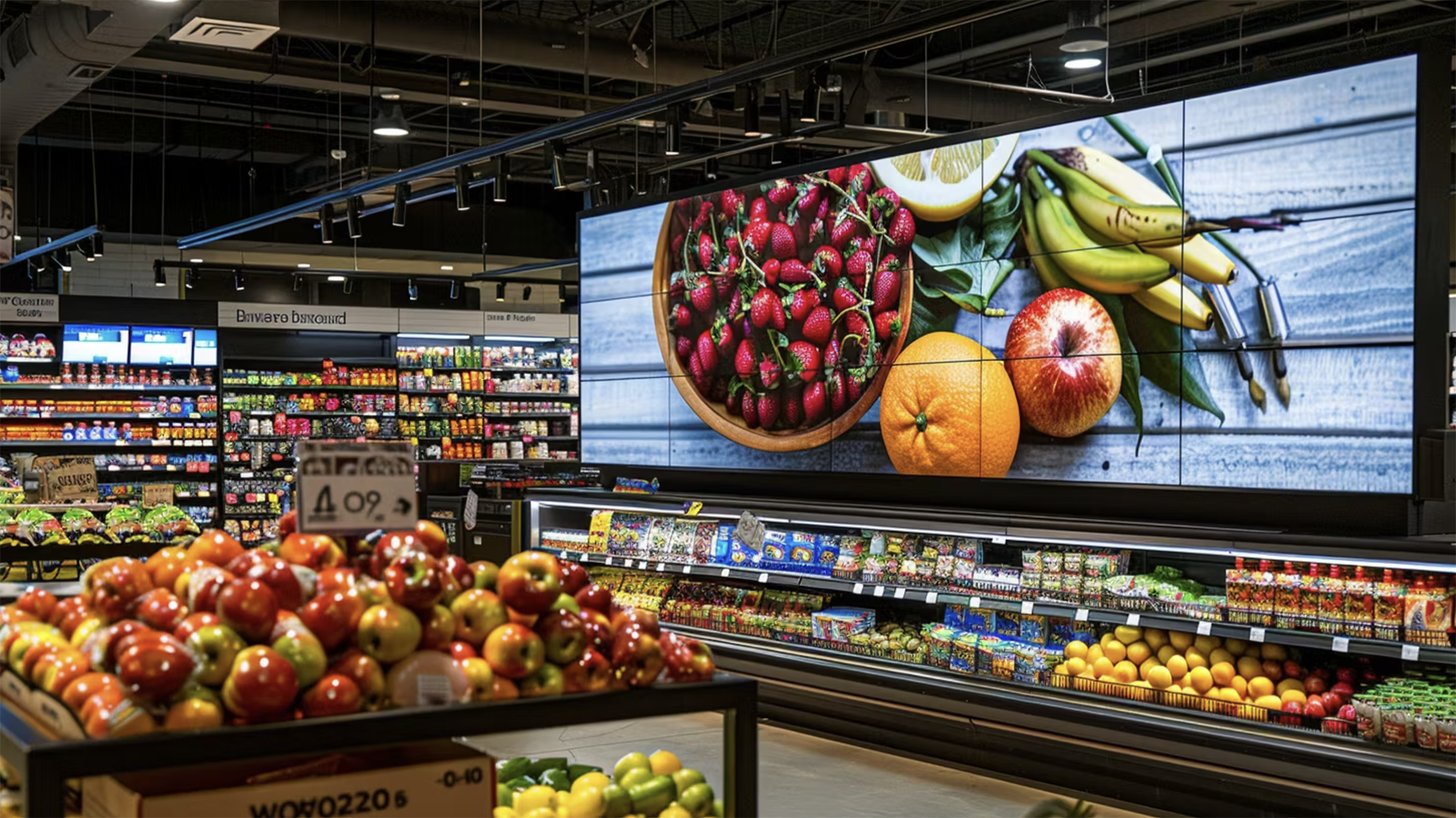5 Ways Grocers Can Help Fight Food Waste

At A Glance
- Managing food waste and developing sustainable initiatives is a c-level goal for grocers.
- Grocers must champion greener practices in grocery management and create lasting consumer behavior changes.
- Tech-savvy grocers can address food waste throughout the supply chain by partnering with startups that utilize technology in dynamic pricing, curating checklists, and donation networks.
- This article identifies key initiatives to help grocers alleviate the challenges and become a pioneer in food waste management.
Food waste management is a severe challenge with global environmental and societal implications. Natural calamities and climate change create turbulence for produce, while geopolitical wars, recession, and inflation persist, giving rise to higher food insecure households.
The environmental impact of discarded food is significant. The food in landfills generates methane, hydrofluorocarbon, and other harmful chemicals, potent greenhouse gases that negatively affect human and animal health.
One example is algae blooms which produce toxins harmful to humans. When excessive nutrients of wasted food end up in freshwater, it propagates the production of green bloom on the water. The algae spreads across the water and release toxins dangerous to human life.
In addition to the health risks, there are social consequences. As per the U.S. Department of Agriculture Economic Research Service, 13.5 million Americans live in food-insecure households. Grocers can positively impact communities and help reduce food insecurity by donating food surplus to food banks and charities.
Discount Deals: Espouse Flawed Harvest
One of the pertinent factors that lead to food waste is overstocking. Artfully arranged fruits and vegetables at grocers are impressive; however, some of the produce is bruised and blemished and usually finds itself at the bottom of the arrangement. Consumers often shop for aesthetically pleasing offerings; however, at a discounted price, imperfect produce can attract value-conscious consumers.
Grocers can take advantage by embracing innovative technological solutions to minimize food waste. One startup, Strella Biotechnology, helps grocers understand the ripeness of fruits and vegetables and helps predict inventory spoilage rates. These insights enable dynamic pricing and discounts for disfigured or imperfect produce.
Boosting Sales and Efficiency: Benefits of Curating Checklists
Impulsive shoppers typically buy more than is necessary. With discounts and promotions, buying three heads of broccoli for the price of one seems a win-win; however, one usually gets tossed in the garbage. A grocery checklist curated in advance can help reduce waste and personalize the customer experience.
According to Grocery Doppio's “2022 Performance Scorecard,” 43% of shoppers prefer to use a retailer's mobile app to place orders, and 60% have good experiences with grocery retailers that create shopping lists.
Grocery checklists can be revenue-generating; curating customer lists based on past experiences maximize the shopping experience, effectively boosting sales. Promotion of specific products, seasonal or discounted, can increase shelf visibility and drive higher revenues.
Kroger, a leading supermarket chain, has adopted shopping lists on its website and mobile app, allowing customers to log into their accounts and create personalized shopping lists. The grocer helps reduce food waste by collaborating with meal-planning app startup Foogal. The app enables shoppers to plan meals and curate shopping lists. Specific ingredients can be chosen, customized shopping lists created, and the app redirects the shopper to the online Kroger marketplace.
For grocers interested in exploring innovative approaches, "One Stop Shop - Palatable and Delectable Wellness Grocer" offers an in-depth look at startups that provide nutritional recommendations. Adopting checklists by grocers can effectively reduce waste and encourage shoppers towards sustainable practices.
In-Store Community Education
In this age of digital consumerism, grocers can create value by becoming a source of community education. Grocers can raise awareness and promote sustainable practices toward food waste by hosting workshops and educational events in collaboration with companies that upcycle waste, donate surplus, and commit to reducing waste.
By organizing in-store promotion events, grocers can contribute to the positive psychology of consumer habits enabling a greener future. For example, Safeway promotes food waste reduction by encouraging customers to cut waste at home through composting and offers discounts to those participating in sustainable practices.
Feeding Communities, Making a difference
In this digital age, many consumers stock their fridges by turning to online grocery stores. According to Grocery Doppio's "January 2023: State of Digital Grocery Performance Scorecard," 75.2% of digital sales come from grocers' websites. There is an emphasis on the freshness of food, and consumers often scout for the latest stock, which could lead to older stock being left on the shelves and ultimately going to waste.
To combat this problem, grocers can partner with companies that donate food surplus to charities and earn goodwill and philanthropic tax benefits while reducing the amount of food ending in landfills. For example, Stop & Shop rewards customers who participate in their "Green Beans Program." The program is designed to encourage healthy eating habits in families by redeeming a bag of fresh green beans by participating in the program. Families whose children receive free or price-reduced meals at school can receive a voucher each week, which can then be redeemed at a participating Stop and Shop store.
Become a Sustainability Champion
USDA and EPA set an ambitious goal to reduce food waste by 50% by 2030. The U.S. Food Loss and Waste 2030 champion encourages businesses to sign up, take action, and publicly commit to mitigating food waste.
By signing up, grocers can demonstrate their commitment to consumers and promote a sustainable future. At present, 45 corporations have signed up to nourish the planet through sustainable practices. General Mills, Kellogs, and Walmart are current champions, with Hello Fresh and Giant Eagle joining their ranks and working toward championship status.
Related Article:


.png)






.png)


